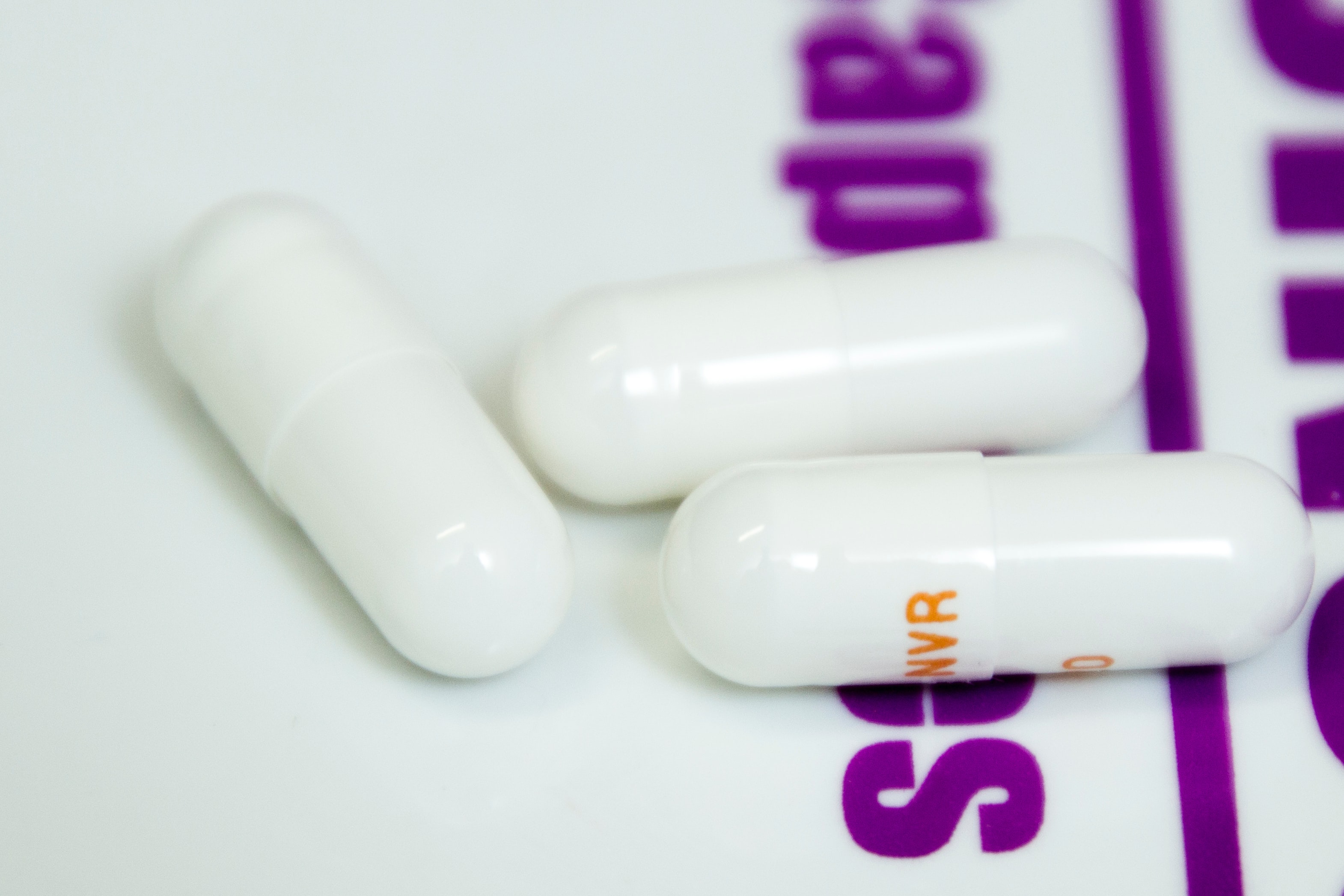Be cautious using antioxidants
Researchers Professor Pietro Ghezzi of the Brighton and Sussex Medical School and Professor Harald Schmidt of Maastricht University urge caution in the use of antioxidants. Many people take antioxidants to treat or prevent disease. Ghezzi and Schmidt's research has shown that such supplements help only in clear cases of vitamin deficiency, and that some antioxidants may even have harmful effects. The study has been published in the British Journal of Pharmacology.
The scientists investigated the benefits of antioxidant use in preventing or curing illness and came to the conclusion that ingesting these substances has no benefits. They prove beneficial only in cases where there is an established vitamin deficiency.
Professor Ghezzi explains, 'Many people assume that taking antioxidants is good for them. Our research shows that this is only the case when an individual has been diagnosed with an obvious vitamin deficiency'.
No study to date has ever shown any benefits from antioxidants. On the contrary, some antioxidants are even harmful. This is because when antioxidants are ingested, the oxygen molecules affect not only disease but also the body's immune system and ability to synthesise certain hormones; these effects may be harmful and have negative consequences that outweigh the good.
'Nevertheless', says Professor Schmidt, 'oxidative stress can be valuable in treating disease under certain conditions. But that would entail the use of traditional medicines rather than antioxidants to treat the illness, since they attack only the sources of the oxygen molecules that are causing the disease in question, while leaving sources of healthy oxygen molecules unaffected'.
Our bodies need oxygen. Yet that same oxygen can also be the cause of oxidative stress and disease. Oxidative stress is a metabolic condition in which a greater number of reactive oxygen bonds are released than usual. It may be the result of factors such as excessive alcohol consumption, smoking, medicine use, physical or psychological stress, prolonged sun exposure, air pollution, intensive exercise or being overweight. To compensate for the effect, many people take antioxidants as a dietary supplement.
The study findings have been published in the British Journal of Pharmacology.
Also read
-
In honour of the presentation of the VNVA Els Borst Prize for her oeuvre, Prof Marlies Bongers is organising the symposium "menstruation in RED on the agenda" on 1 October.
-
In women trying to conceive, 1-3% experience repeated miscarriages. For more than 50% of these women, a cause for the miscarriages has yet to be found. New research from Maastricht University (UM) and the Maastricht University Medical Centre+ (MUMC+) shows that the immune system’s Natural Killer (NK...
-
The European Commission has awarded €23 million to set up a new platform for drug repurposing: the use of existing drugs in diseases other than those for which they were originally developed. In the next seven years UM will develop the platform REPO4EU (precision drug REPurpOsing for Europe)...


